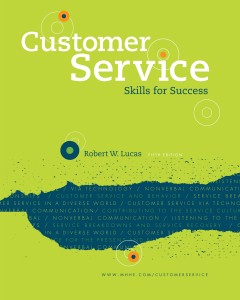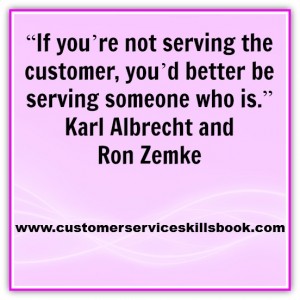Customer Service Quote – Edward De Bono
In the age of global customer service and Internet access and big box stores, many companies and organizations offer the same products as their competitors. The key to who wins in the race to gain new customers and customer retention is which business provides consistently excellent customer service and delivers customer satisfaction by meeting their customers’ needs, wants and expectations.
“A discussion should be a genuine attempt to explore a subject rather than a battle between competing egos.” ― Edward De Bono, How To Have A Beautiful Mind
“If you never change your mind, why have one?”― Edward de Bono
“Everyone has the right to doubt everything as often as he pleases and the duty to do it at least once. No way of looking at things is too sacred to be reconsidered. No way of doing things is beyond improvement.”― Edward De Bono, The Use of Lateral Thinking
“It is better to have enough ideas for some of them to be wrong than to be always right by having no ideas at all.”― Edward De Bono
“The image that concerns most people is the reflection they see in other people’s minds.”― Edward De Bono
“A good listener is very nearly as attractive as a good talker. You cannot have a beautiful mind if you do not know how to listen.”― Edward De Bono, How To Have A Beautiful Mind
“The system will always be defended by those countless people who have enough intellect to defend but not quite enough to innovate.”― Edward De Bono, I Am Right You Are Wrong
“A memory is what is left when something happens and does not completely unhappen.”― Edward De Bono
“We may have a perfectly adequate way of doing something, but that does not mean there cannot be a better way. So we set out to find an alternative way. This is the basis of any improvement that is not fault correction or problem-solving.”― Edward De Bono, Six Thinking Hats
“Unhappiness is best defined as the difference between our talents and our expectations.”― Edward De Bono
If you are looking for strategies and techniques that can help set your company apart from your completion, get copies of Customer Service Skills for Success, Please Every Customer: Delivering Stellar Customer Service Across Cultures and How to Be a Great Call Center Representative.









